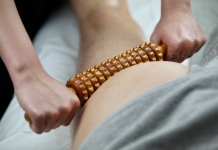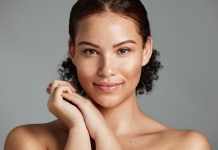Skincare Focus: Rethinking Retinol
Shown to tackle a host of skin concerns including ageing and acne, Retinol or vitamin A based products aren’t suitable for all clients. We look at alternatives to this gold standard ingredient that are just as effective.

Now the seasons are changing you will have clients who may benefit from switching up their skincare regime. For those serious about achieving significant results through advances in skincare science, introducing a product that can tackle the signs of dry skin, ageing, sun damage, acne, pigmentation and much more will deliver enhanced results.
A form of vitamin A, Retinol is considered by many to be the gold standard in skincare ingredients, being versatile enough to effectively treat the results of ageing skin such as wrinkles and lack of elasticity, as well as skin experiencing breakouts and inflammation, scarring and stretchmarks, hyperpigmentation and melasma.
Used topically, Retinol works by proliferating skin cells and increasing collagen production to reveal a younger looking complexion and exfoliating the epidermis to remove dead skin cells and unclog pores.
What's not to love? Although this wonder ingredient seems to do it all when it comes to skincare, Retinol will not suit all clients. Although temporary, common contraindications include redness and irritation, increased skin dryness, flaking and increased sensitivity to sunlight (a high SPF product should be applied daily when using retinol products). This process is referred to as ‘retinisation' however in most clients it will pass once the skin gets used to the effects of Retinol.
But for clients experiencing skin sensitivity, dry skin, rosacea, eczema and severe acne, topical Retinol products many not be suitable. In addition as it is a derivative of Vitamin A, retinol it is not to be used on clients who are pregnant or breast feeding. If you're unsure whether a client should be using Retinol products due to health concerns, ask them to check with their GP prior to use.
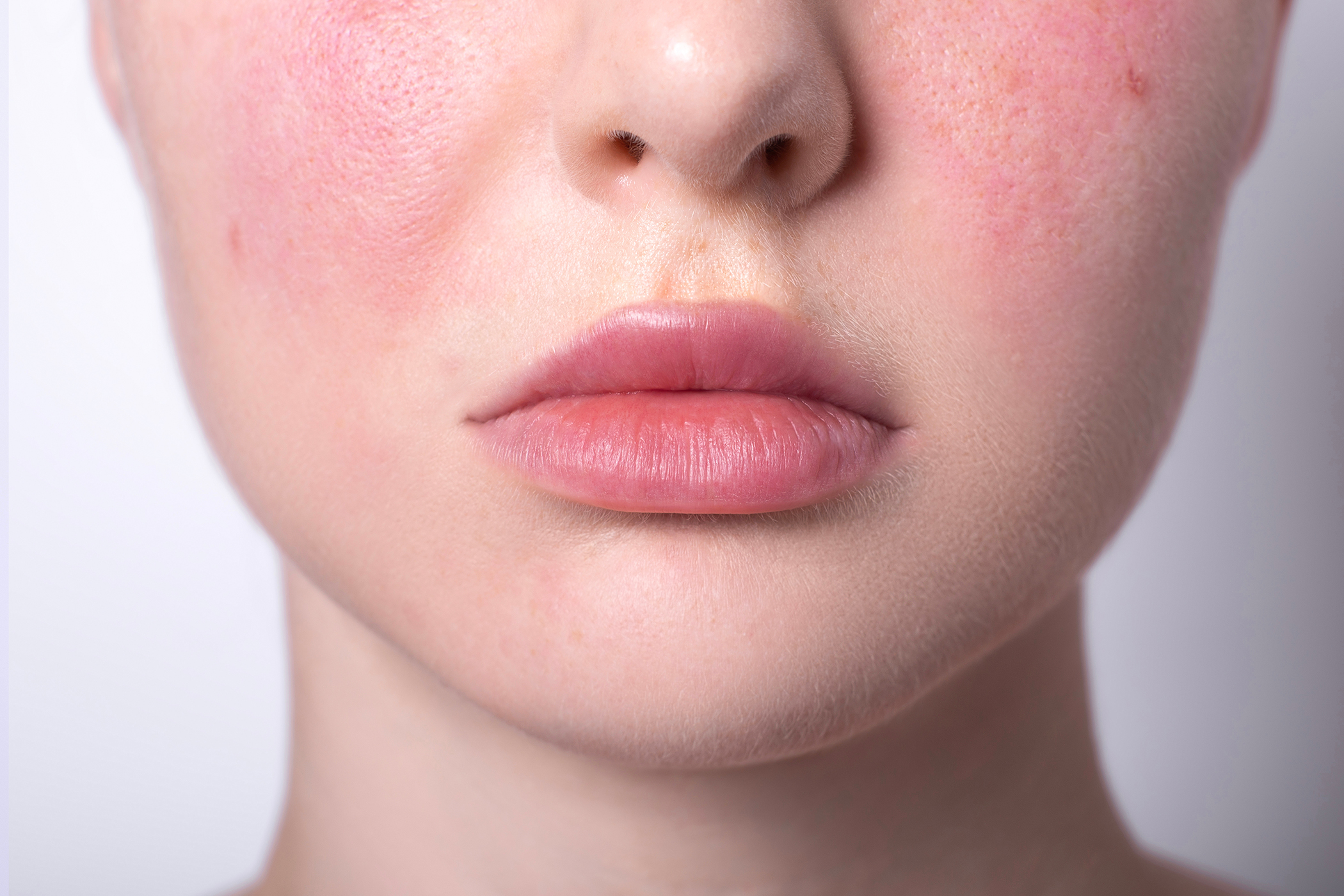
"Retinol has long been a buzz ingredient in skincare regimen over the years bringing with it benefits such as rejuvenation, even tone and texture to the skin. However it can have its undesirable side effects such as irritation and inflammation especially on the more sensitive skin types. Not everyone wants to put their skin through this in order to get these results. There have been alternatives in the last few years coming to the market to enable consumers to reach their skin goals without the struggle of ‘retinisation'.” Let's take a look…
Bakuchiol / Babchi
Sourced from the stem, roots, leaves and seeds of the Babchi (psoralea corylifolia) plant, Bakuchiol increases cell turnover, drives collagen and elastin production and is rich in antioxidants and anti-inflammatories.
Treats: The appearance of wrinkles, uneven skin tone and firmness, inflammation and active blemishes.
Azelaic Acid
Azelaic Acid originates from Malassezia Furfur, a yeast that is naturally found in normal skin flora. This yeast is also found in grains such as barley, wheat and rye, where this ingredient is derived from.
Treats: redness and skin inflammation, clogged pores and blemishes, melasma and hyperpigmentation.
Peptides / Polypeptides
Peptides are short chains of amino acids that are the building blocks of proteins including collagen, keratin and elastin fibres. Peptides can penetrate the epidermis and act as a ‘biological messenger'; they trick the skin into thinking that there has been an injury that requires healing. This triggers the cells to produce collagen and elastin to aid in the healing process.
Treats: Fine lines and wrinkles, lax skin.
Niacinamide / Vitamin B3
Niacinamide is naturally made by the body and can help to build proteins in the skin including collagen, elastin and keratin and assists with skin cell turnover.
Treats: inflammation, hyperpigmentation, dehydration, lax skin, enlarged pores and excess sebum.
Squalane
Squalane is a hydrogenated, stable form of Squalene, a lipid produced naturally by skin cells which protects the skin's oil from lipid peroxidation which inflames the skin and triggers acne. It also repair's the skin barrier and protects against UV exposure.
Treats: Dehydrated skin, inflammations and conditions including Rosacea, Eczema and Psoriasis.
Alpha Hydroxy Acids (AHAs)
AHAs help to exfoliate the skin, removing dead skin cells and encouraging fresh cell turnover. These include Glycolic acid found in sugar cane, Lactic acid produced by fermentation of carbohydrates, Mandelic acid derived from bitter almonds and Malic acid from fruits.
Treats: Fine lines and wrinkles, dull skin, discolouration, acne and breakouts.
Spanish Needle / Blackjack (Bidens pilosa)
Bidens Pilosa is a bio-retinol that activates the same skin receptor as retinol, thanks to Phytanic acid derived from the plant's extract, but without triggering inflammation. This makes it effective at increasing collagen production and elastin function.
Treats: Inflammation, fine lines and wrinkles, excessive sebum.
Here's some options to introduce to your clients...
 Éminence Bamboo Firming Fluid features the brand's Natural Retinol Alternative Complex comprising Chicory Root oligosaccharides and Tara Tree which hydrates and strengthens the skin, smoothing the appearance of wrinkles. In addition, PhytoCellTec™ Swiss Green Apple Stem Cells delay visible signs of ageing by improving elasticity.
Éminence Bamboo Firming Fluid features the brand's Natural Retinol Alternative Complex comprising Chicory Root oligosaccharides and Tara Tree which hydrates and strengthens the skin, smoothing the appearance of wrinkles. In addition, PhytoCellTec™ Swiss Green Apple Stem Cells delay visible signs of ageing by improving elasticity.
Éminence Ireland:
www.eminence.ie
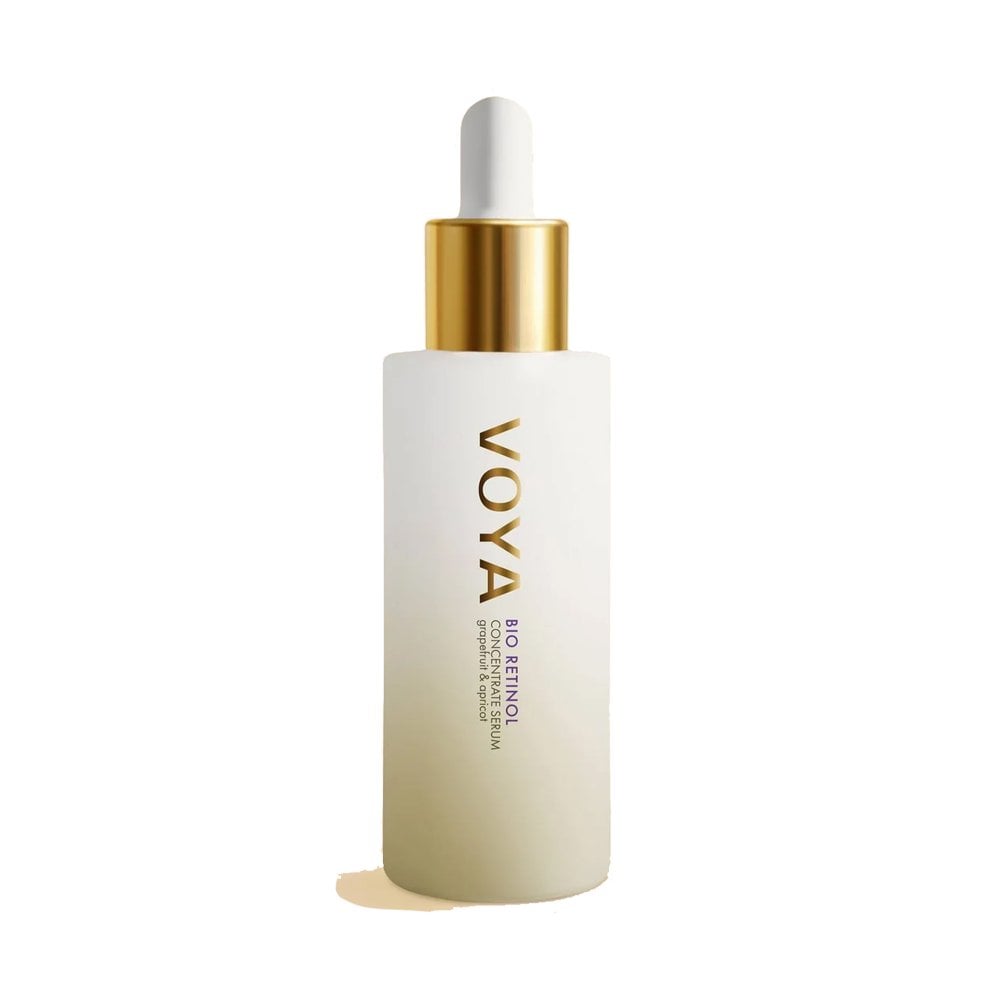 Voya Bio-Retinol Concentrate Serum includes Revinage®, a clinically-proven plant-based alternative that is less reactive than Retinol, making it ideal for those with hypersensitive skin. It stimulates cellular turnover along with collagen production to reduce the appearance of hyperpigmentation and blemishes and firm and brighten skin.
Voya Bio-Retinol Concentrate Serum includes Revinage®, a clinically-proven plant-based alternative that is less reactive than Retinol, making it ideal for those with hypersensitive skin. It stimulates cellular turnover along with collagen production to reduce the appearance of hyperpigmentation and blemishes and firm and brighten skin.
Voya:
www.voya.ie
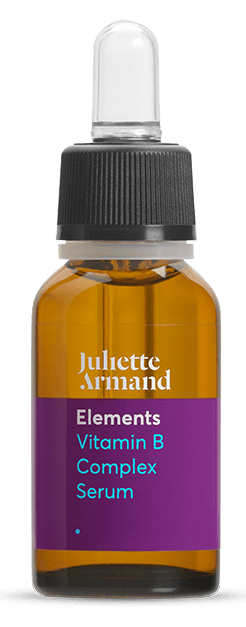 Juliette Armand Vitamin B Complex Serum has been developed to relieve skin irritation and redness. Its multi-B complex is antioxidant and bring down erythema whilst Niacinamide smooths pores, making this serum ideal for those experiencing rosacea, acne rosacea, acne, spider veins and dermatitis.
Juliette Armand Vitamin B Complex Serum has been developed to relieve skin irritation and redness. Its multi-B complex is antioxidant and bring down erythema whilst Niacinamide smooths pores, making this serum ideal for those experiencing rosacea, acne rosacea, acne, spider veins and dermatitis.
Beauty Boost Solutions:
www.skinboosters.ie
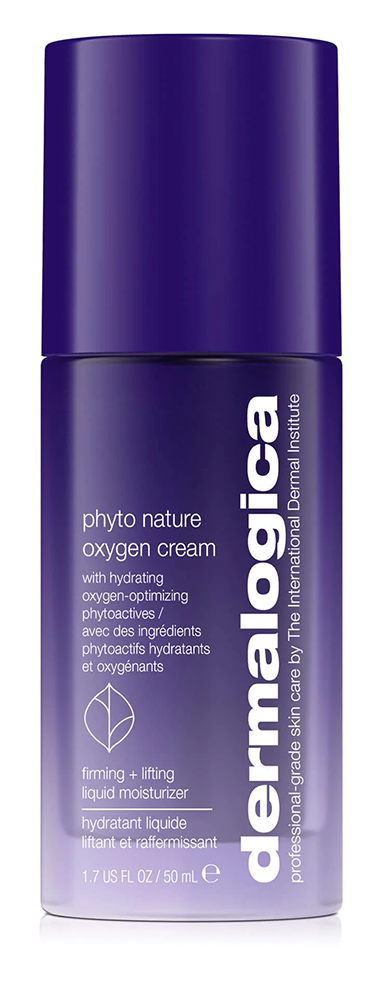 Dermalogica's Phyto Nature Oxygen Cream is clinically-proven to give skin four years back by reducing the appearance of premature wrinkles.
Dermalogica's Phyto Nature Oxygen Cream is clinically-proven to give skin four years back by reducing the appearance of premature wrinkles.
Oxygen-optimising phytoactives including Squalane and Luffa Root firm and hydrate skin, Ligustrum Lucidum seed, Glycogen and Nasturtium Flower boost luminosity, Adaptogenic Astragalus and Electric Daisy Flower smooth and tighten the skin, and antioxidant-rich Rose of Winter boost skin's resilience.
Dermalogica:
www.pro.dermalogica.co.uk
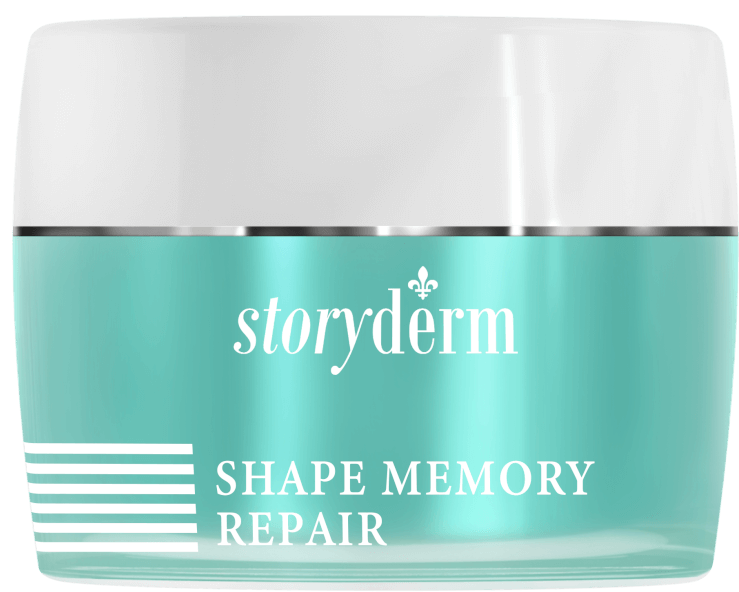 Formulated with Niacinamide 2% to stimulate collagen synthesis and reduce the skin's trans epidermal moisture loss, Storyderm Shape Memory Repair also eliminates pigmentation, reduces pore size and brightens the skin. In addition, Linoleic acid and Tocopherol reduce lines and protect against further environmental damage.
Formulated with Niacinamide 2% to stimulate collagen synthesis and reduce the skin's trans epidermal moisture loss, Storyderm Shape Memory Repair also eliminates pigmentation, reduces pore size and brightens the skin. In addition, Linoleic acid and Tocopherol reduce lines and protect against further environmental damage.
Beauty Boost Solutions:
www.skinboosters.ie



